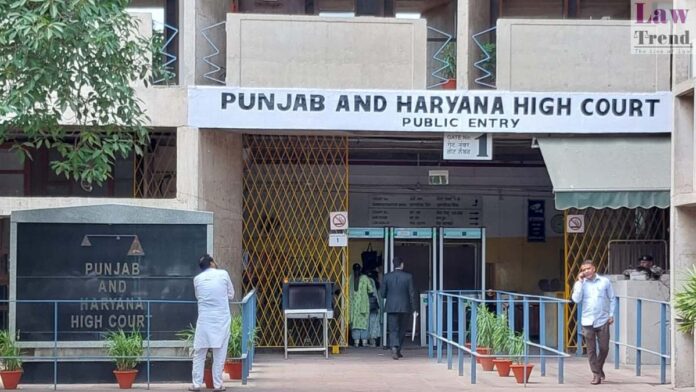In a significant ruling, the Punjab and Haryana High Court has directed the Haryana government and Kurukshetra University (KU) to extend the benefits of the Old Pension Scheme (OPS) to faculty members who were recruited against posts advertised prior to the implementation of the New Pension Scheme (NPS). The court also imposed a litigation cost of ₹5 lakh for arbitrary and unreasonable denial of benefits.
A single bench of Justice Tribhuvan Dahiya held that employees recruited between May and November 2006, based on 2005–2006 advertisements—when the KU Employees Pension Scheme, 1997 was in force—must be granted the OPS benefit. The court ruled that denying them the OPS after a May 2023 government notification permitting such inclusion amounted to “high-handedness” and an “arbitrary exercise of power.”
The issue stemmed from a July 2023 government communication instructing universities not to implement the May 2023 circular, which had adopted the Centre’s policy to allow OPS for those appointed against posts advertised before January 1, 2006—the date NPS was introduced.
Criticising the government’s reversal, the court observed:
“Such an about-turn without any rationale smacks of high-handedness on the government’s part, which is deplorable and cannot be acceded to. In this constitutional scheme of things, no executive authority can anoint to itself absolute power to act or not to act at will, without mentioning any justifiable reason.”
The court also censured KU for being a “mute spectator” and failing in its duty to safeguard employees’ welfare.
Rejecting the state’s argument that it had not received a proposal from the university to implement OPS, the court said the government “conveniently treats these employees as government employees under NPS when it suits, and disowns them when it doesn’t.”
The court granted the authorities two weeks to complete necessary formalities and an additional eight weeks to implement OPS for the petitioners. Of the ₹5 lakh imposed as litigation cost, ₹4 lakh is to be paid by the state government and ₹1 lakh by the university.




